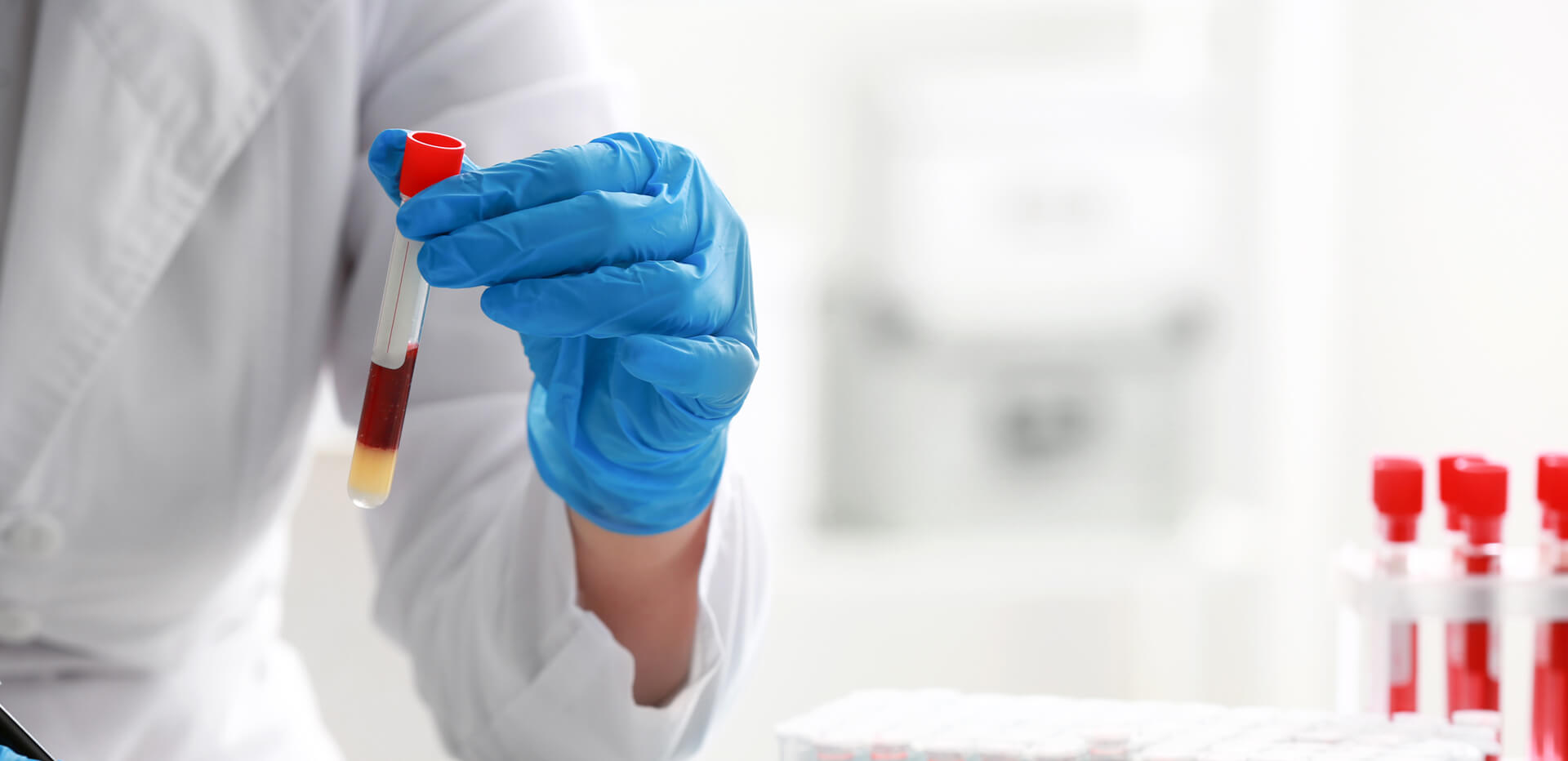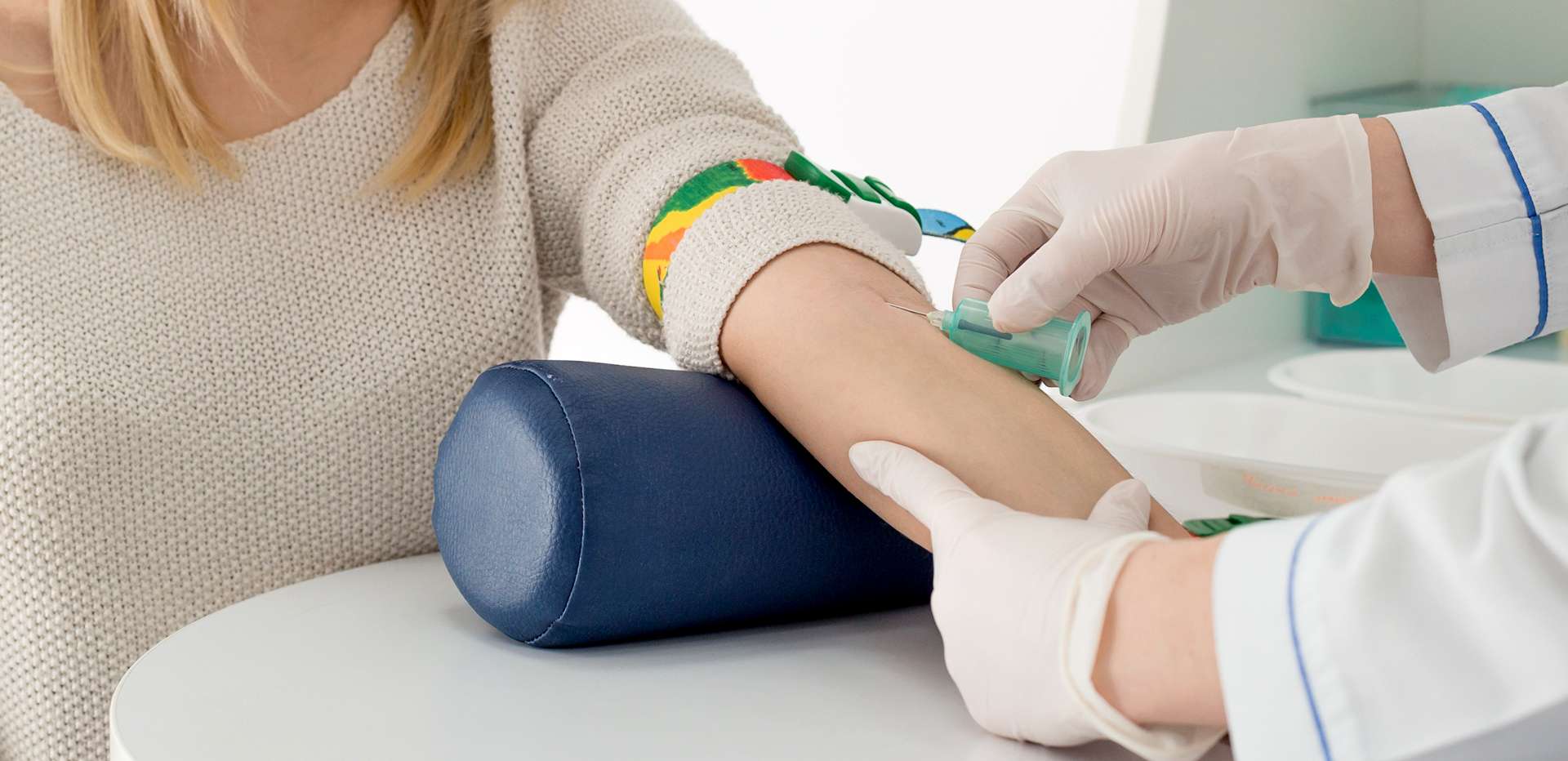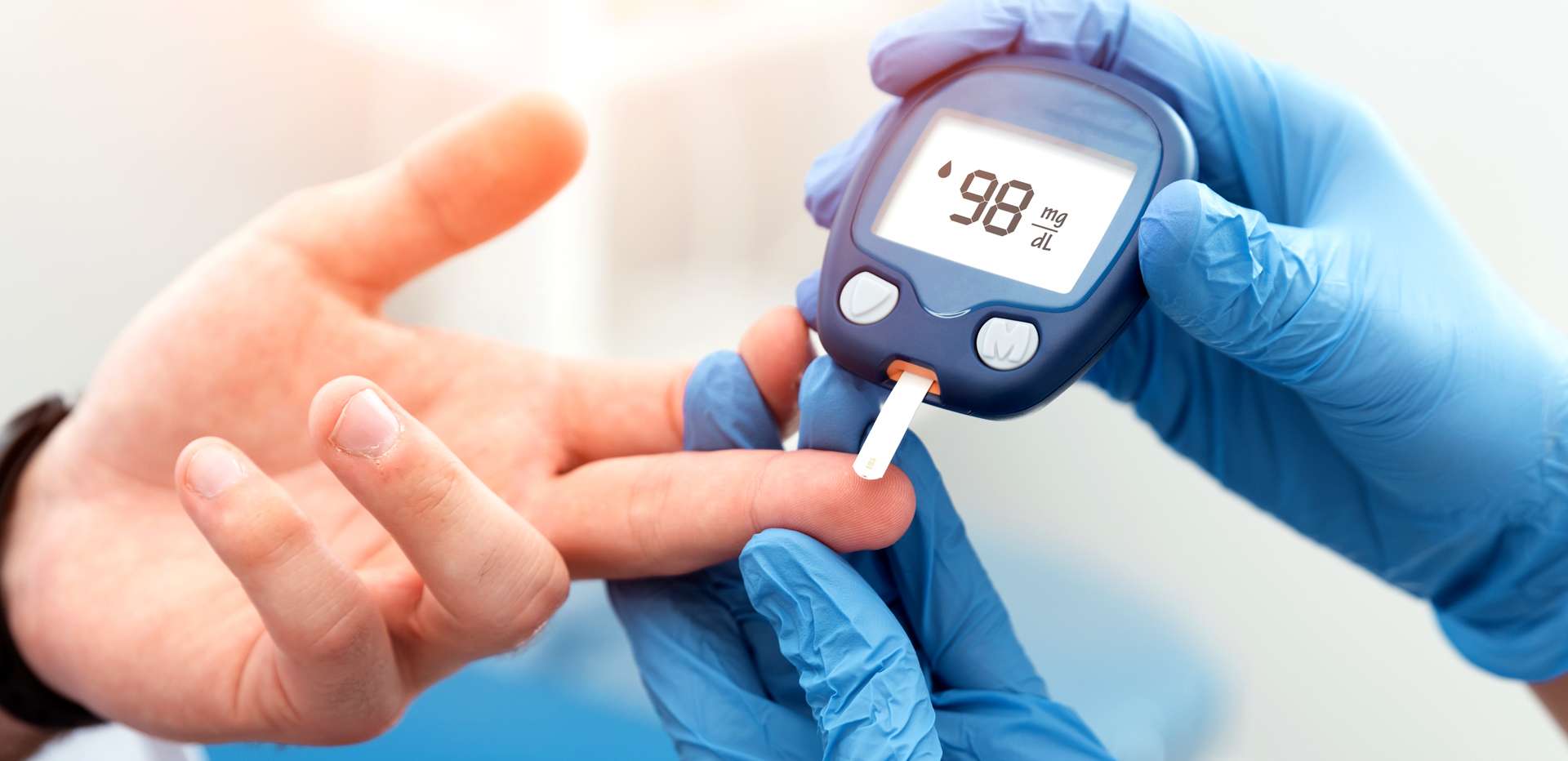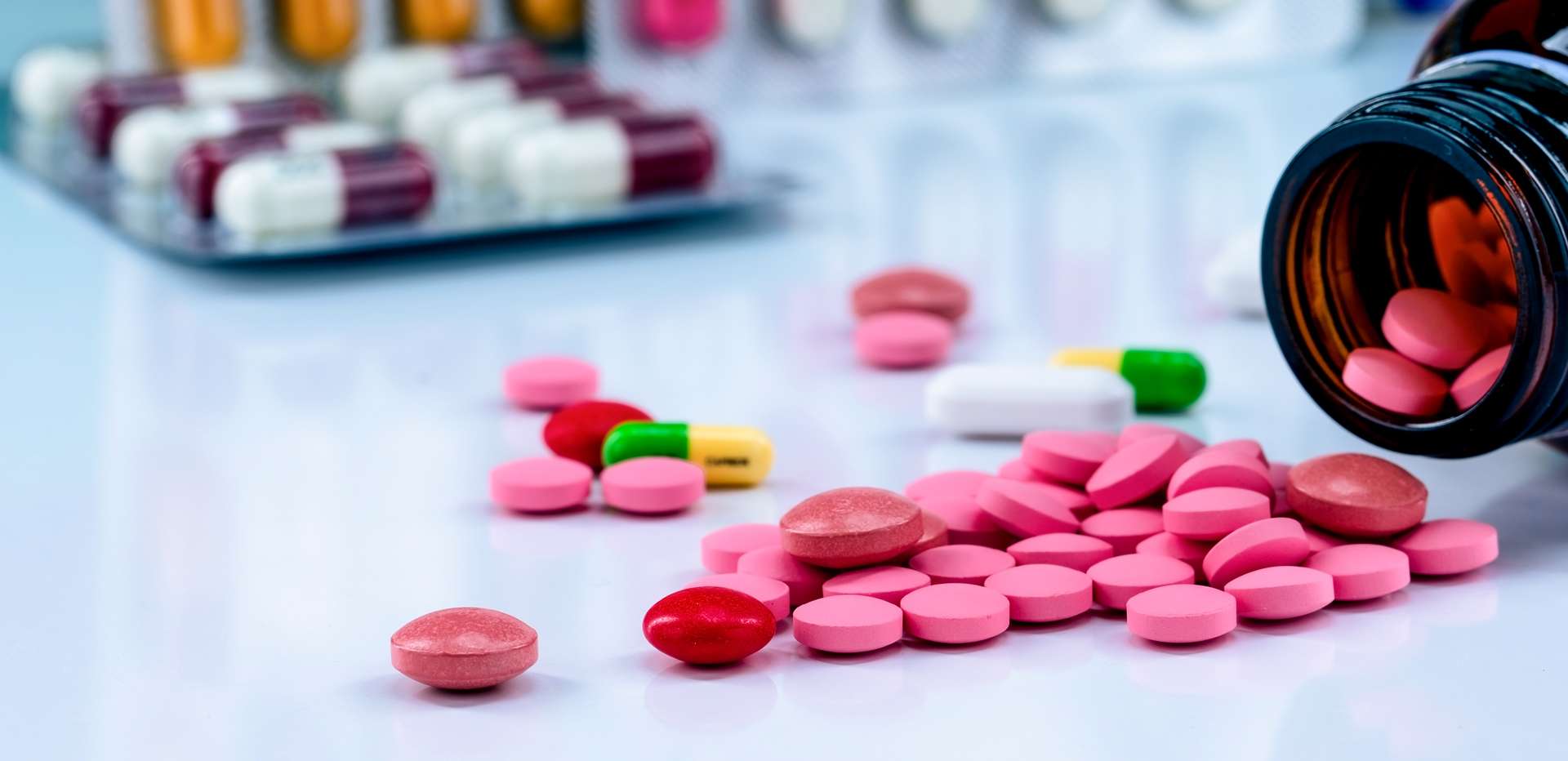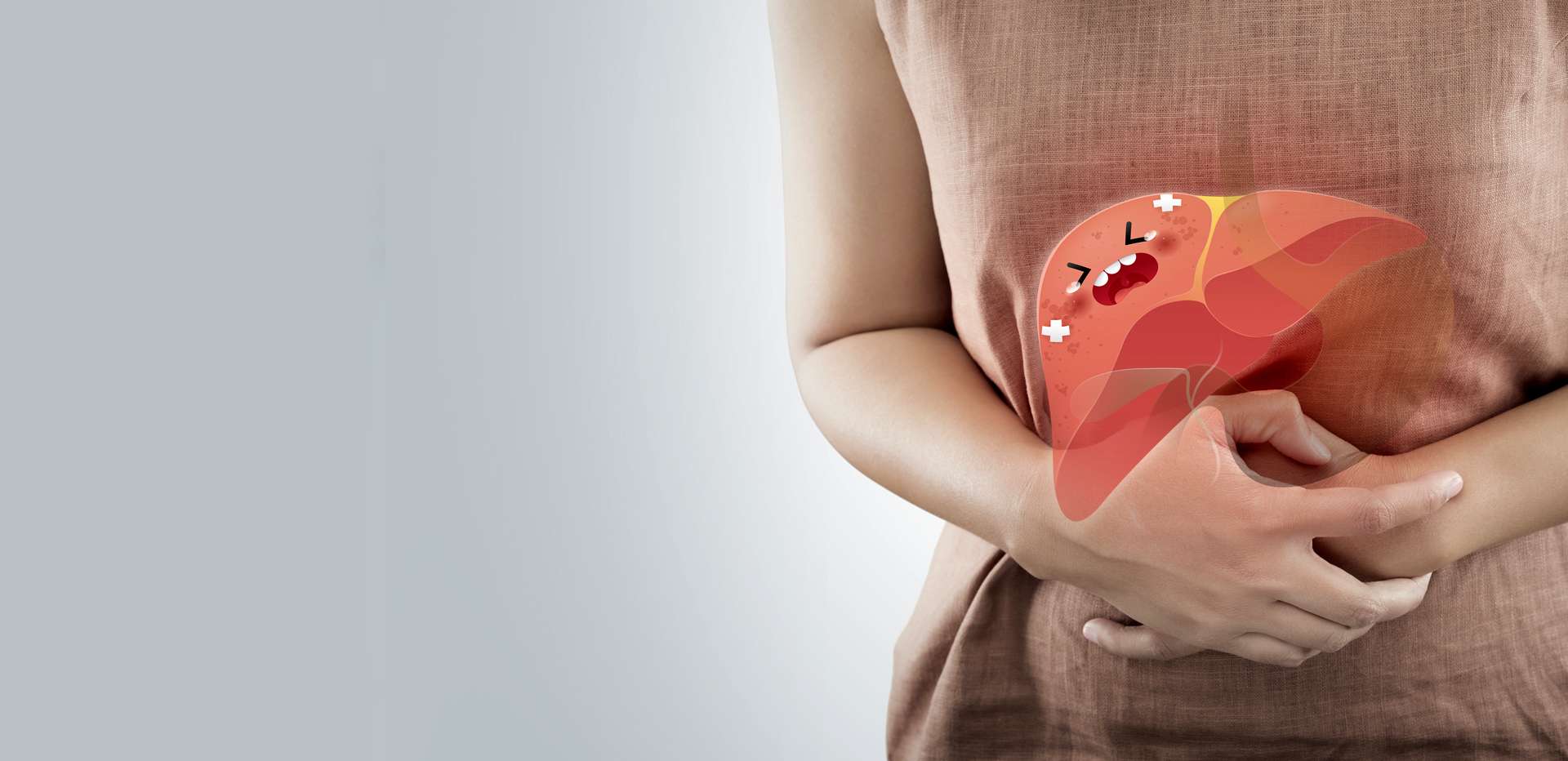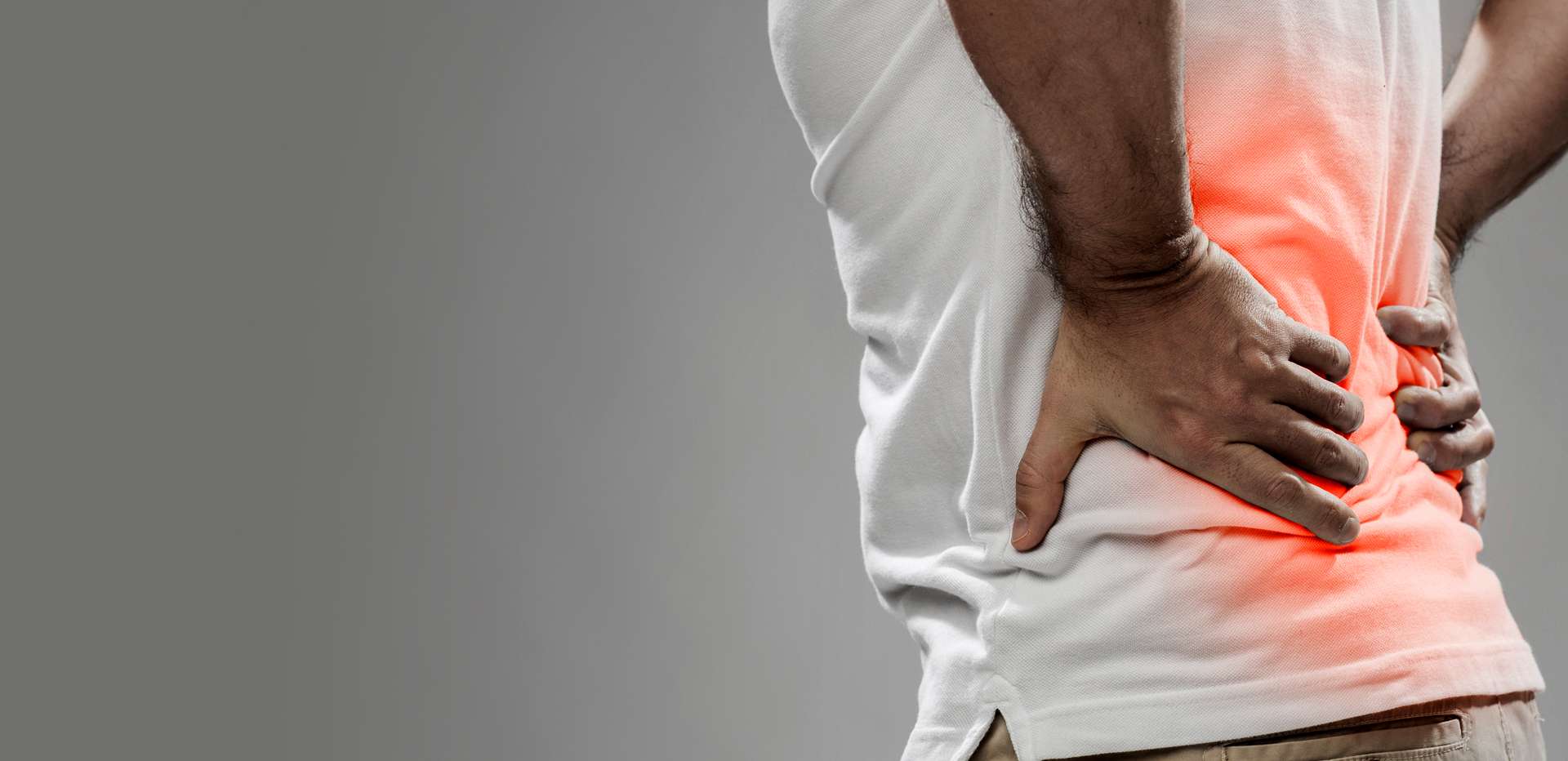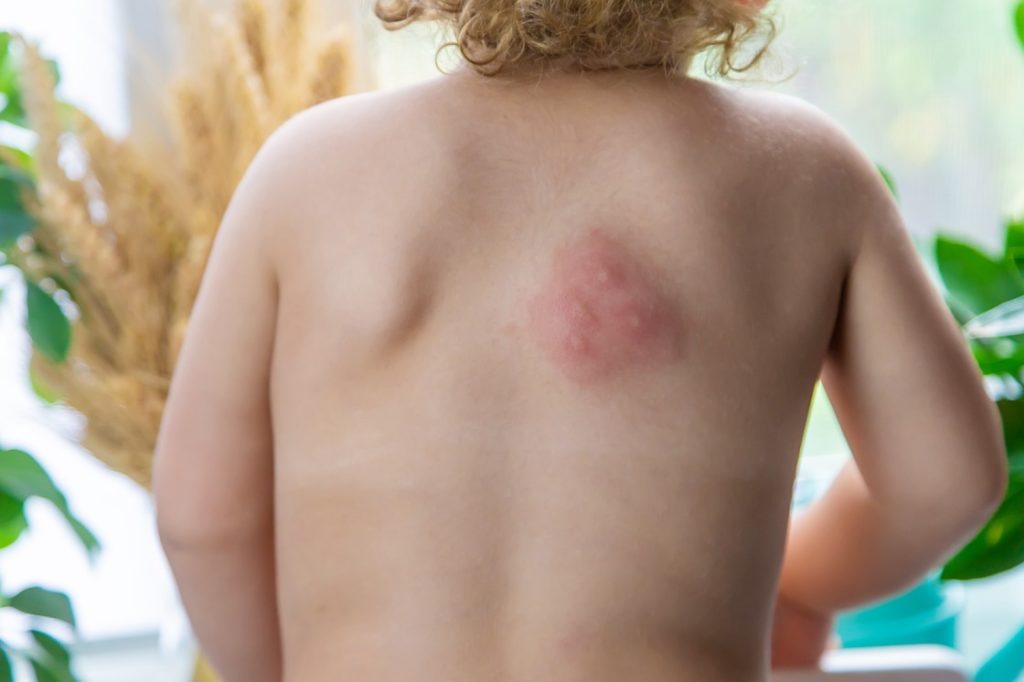Insect bites are a common occurrence, particularly in regions with high insect activity. While most bites are harmless and cause minor irritation, some can lead to infections that require medical attention. Recognising the signs of infection in insect bites is crucial for prompt and effective treatment.
This article explores the various signs of infection that can occur following an insect bite, the insects most likely to cause infections, preventive measures to take after an insect bite and treatment options.
What are Insect Bites?
Insects such as mosquitoes, fleas, ticks and spiders can bite humans, often as a reaction to perceived threats or to feed. The bite itself can break the skin, creating an entry point for bacteria. Typically, the body’s immune response causes redness, swelling and itching. However, when an infection occurs, these symptoms can escalate and become more severe.
Common Signs and Symptoms of Insect Bites Infection
Insect bites are usually harmless, resulting in minor swelling, redness and itching. However, these bites can occasionally become infected, leading to more severe symptoms and complications. Here are common signs that an insect bite may be infected:
Increased Redness and Swelling
While some redness and swelling are normal at the site of an insect bite, watch for these symptoms expanding beyond the initial bite area. An expanding red area can be a sign of cellulitis, a common bacterial skin infection.
Pus or Discharge
The presence of pus or a cloudy fluid oozing from the bite site is a clear indication of an infection. This discharge can be white, yellow or green in colour and is often accompanied by foul odour.
Increased Pain
An increase in pain or tenderness at the site of the bite, especially if it becomes more severe over time, is a typical sign of an infection.
Warmth
If the skin around the bite feels unusually warm or hot to the touch, this could indicate that your body is fighting off an infection.
Fever
Developing a fever after an insect bite is a sign that the infection might be more systemic, affecting more than just the skin.
Chills and Sweats
These symptoms may accompany a fever and suggest that the infection is affecting your overall body.
Swollen Lymph Nodes
Lymph nodes near the site of the bite may swell as part of the immune response to infection. Common areas include the armpits, groin and neck.
Fatigue or General Malaise
Feeling unusually tired or generally unwell can also be a symptom of a systemic infection originating from a bite.
Insects Known to Cause Insect Bites Infection
Certain insects are more likely to cause infections due to the nature of their bites or the pathogens they carry:
- Mosquitoes: Known for spreading malaria, dengue and Zika virus, which can lead to severe infections and require immediate medical attention.
- Ticks: Carriers of Lyme disease and other bacterial infections, which can lead to serious health complications if not treated early.
- Fleas: Can transmit bacteria that lead to infections like typhus and plague.
- Spiders: Some spiders, like the brown recluse or black widow, inject venom that can cause severe reactions and infections.
Insect Bites Preventive Measures
Preventing insect bites is essential to avoiding infections and other complications. Utilise insect repellent containing DEET, picaridin or lemon eucalyptus oil to keep bugs at bay. Wearing long sleeves, pants and socks, especially in areas known for high insect activity, can also protect your skin.
Avoiding stagnant water, heavily wooded areas and dense vegetation reduces exposure to common biting insects. Additionally, maintaining cleanliness in your living environment by using screens on windows and doors and regularly removing standing water can help minimise the presence of insects in and around your home.
Treatment Options for Insect Bites
Treatment for insect bites primarily aims to alleviate symptoms and prevent infection. Immediately after a bite, wash the area thoroughly with soap and water to reduce the risk of infection. Applying an ice pack can help lessen swelling and pain. Over-the-counter topical corticosteroids or antihistamines can be used to manage itching and irritation.
For pain relief, over-the-counter pain medications like ibuprofen or acetaminophen are effective. In cases of severe allergic reactions, such as difficulty breathing or swelling of the face and throat, seek emergency medical attention immediately.
Book Your Online Consultation at Touchwood Pharmacy
Most insect bites are harmless but monitoring them for signs of infection is essential. By understanding the symptoms of an infected bite, taking preventive measures and knowing when to seek medical help, you can manage insect bites effectively and maintain your health and well-being.
If you’re concerned about an insect bite or suspect an infection, our expert pharmacists at Touchwood Pharmacy are ready to provide professional advice and treatment options Pharmacy First. Click here to schedule your appointment today.




